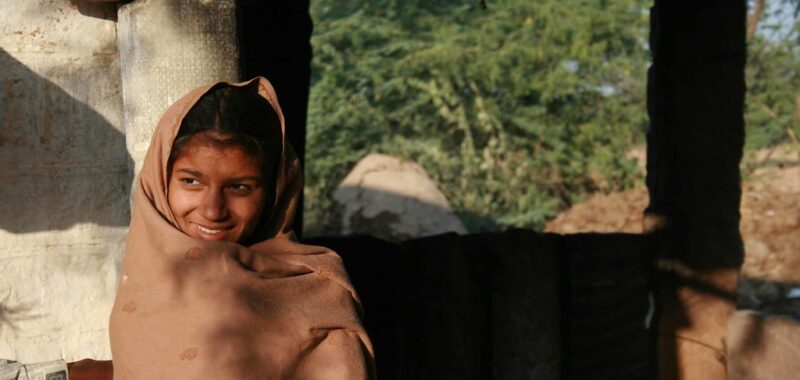This is the fifth in a series of video diaries I am doing while spending time in Morocco for a family commitment. I am experimenting with this video diary format to share my thoughts on the travel industry through the lens of my stay here.
Here’s the first one, which was on preserving authenticity in a digital age, the second one, on the renewed importance of visiting-friends-and-relatives travel in a globally mobile world, the third one on the rise of the individual vs. brands and what it means for travel leadership and the fourth one, on the joys of traveling with family in collectivist societies.
The fifth one is below. If you aren’t able to view the video properly here, check it out directly on my LinkedIn post.
Hey folks, how are you?
This morning, I’m walking around Meknes with a Nusnus in my hand. For those who don’t know, Nusnus is half milk, half coffee. I’m Indian and grew up drinking chai, so coffee has never really been my thing. But Nusnus is the one coffee drink I genuinely enjoy—and I make a point to have it whenever I’m in Morocco. I think it resonates with many Indians who grew up drinking chai; there’s something about the blend that feels familiar.
As I stroll through the city, one thought keeps coming to mind: mornings are the best part of any city. Whether I’m a tourist or just spending time outside, there’s something magical about the early morning. Cities feel more vulnerable, less crowded, and incredibly serene at that time. It’s a side of urban life we don’t often think about, but it’s there—gentle and inviting.
Take India, for example. Its cities are famously noisy and polluted, but mornings reveal a much softer, quieter version. It’s one of the reasons I love experiencing places early in the day. I wish tourism companies and destinations marketed these early-morning experiences more. Beyond the classic “watch the sunrise on a mountain,” there’s potential to create unique morning activities that showcase this quieter, more intimate side of a city.
Another thing that’s been on my mind is nighttime tourism, especially for people who, like me and my family, don’t drink alcohol. As Muslims, our abstention is cultural and religious, but it makes me wonder: What’s out there for non-drinkers in the evenings? Too often, nightlife revolves around bars and alcohol-centered entertainment. But there’s so much room to explore alternative nighttime experiences, particularly in Muslim-majority countries where alcohol isn’t as prevalent.
In places like Saudi Arabia, where the heat can make daytime activities challenging, life truly comes alive after sunset. The same is true during Ramadan in any Muslim country. After fasting all day, the nights are full of energy and life. These are untapped opportunities to build nighttime tourism that doesn’t rely on alcohol or loud entertainment.
I remember London had a nighttime mayor—someone responsible for nighttime tourism and activities. It was an intriguing concept. The idea was to extend public transport hours and create spaces for people to enjoy the city safely and vibrantly at night. Barcelona and other European cities have implemented similar initiatives. I think there’s a lot more that can be done in this space, both for the night and early morning, to make tourism more inclusive and accessible for everyone.
Thanks for listening, folks.

